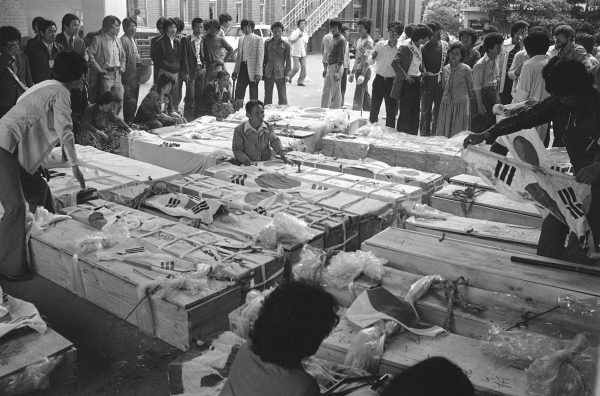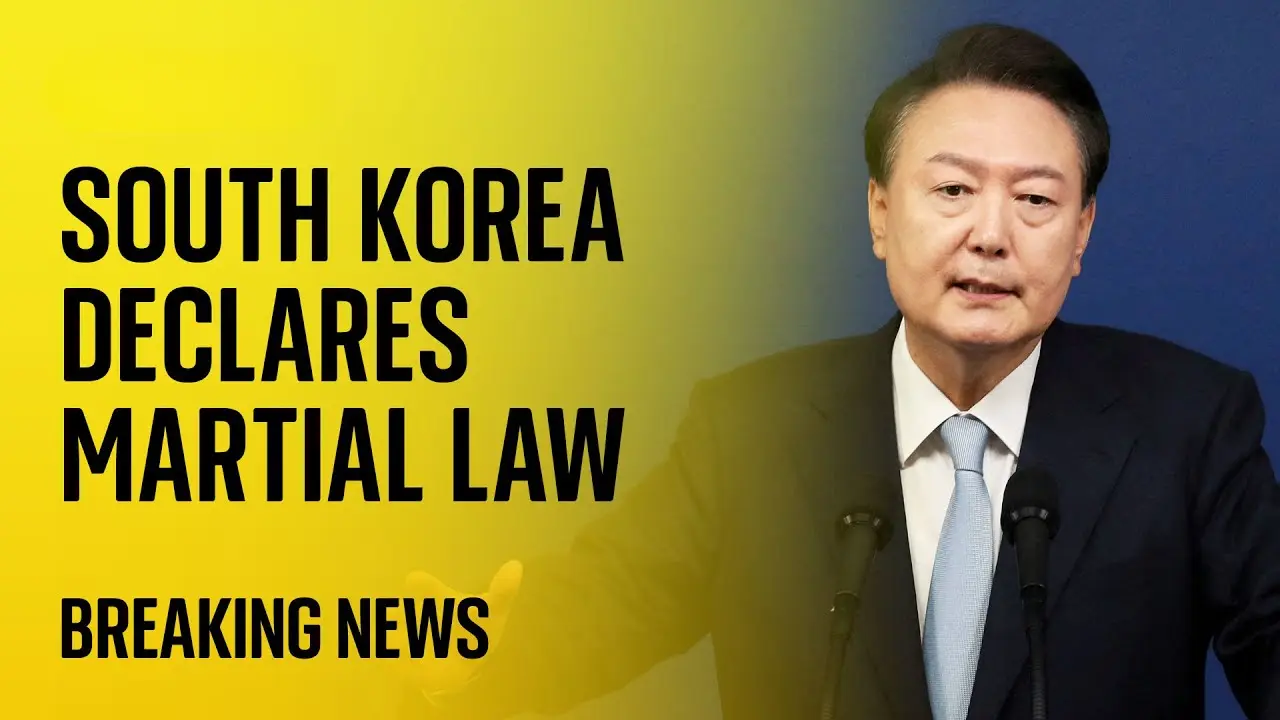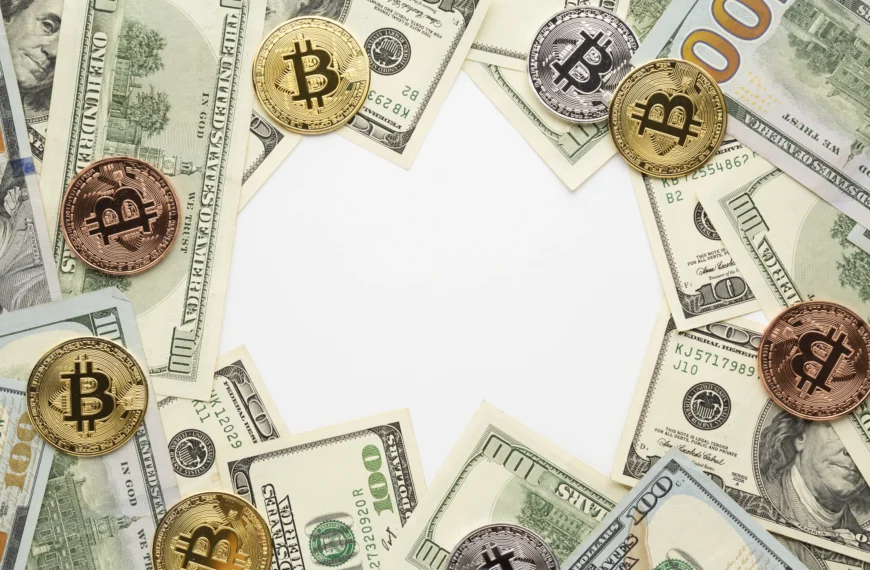In a shocking turn of events, South Korea has declared martial law, a move that has reverberated both domestically and internationally. For the first time since 1980, President Yoon Suk Yeol invoked emergency martial law, citing threats to national stability and the “protection of constitutional order.” But what led to this drastic decision, and what does it mean for the future of this vibrant democracy?
Table of Contents
What is Martial Law and Why is South Korea Implementing It?

Martial law, by definition, temporarily suspends ordinary laws, transferring authority to the military in times of national crises. In the case of South Korea, the declaration came amid rising political tension, claims of opposition undermining governmental processes, and perceived threats from North Korea.
President Yoon Suk Yeol’s announcement blamed “pro-North Korean anti-state forces” for creating chaos within the system. The government alleges that political instability, including opposition party actions like impeachment motions and budget disputes, necessitated the move to maintain governance.
While South Korea has been a democratic beacon since the 1980s, the implementation of martial law reflects a precarious moment in the nation’s political evolution. The imposition is stirring up fears of returning to authoritarian tendencies that dominated South Korea news during its early history.
The Immediate Impact of Martial Law in Korea
The declaration has led to severe restrictions, including the suspension of political activities and media oversight. Reports indicate soldiers and military equipment stationed at government buildings, with access to the parliament blocked. This has raised questions about the freedom and rights of South Koreans under emergency martial law.
The economic effects were immediate. The Korean won dropped sharply against the U.S. dollar, reflecting market anxiety. As protests grow and opposition leaders rally for action, the political and social landscape in Seoul is tense.
A Historical Echo: Martial Law in South Korea
The last time martial law in South Korea was declared, it marked a critical juncture in the nation’s fight for democracy. Back in 1980, the declaration followed widespread protests and political unrest, culminating in the infamous Gwangju Uprising. Today’s move draws inevitable comparisons, sparking debates over whether history might repeat itself.

Critics argue that South Korea’s martial law declaration is less about national security and more about consolidating power. Opposition leaders have openly criticized President Yoon Suk Yeol, labeling the declaration a political tool to suppress dissent.
Global and Regional Implications
With North Korea remaining a constant threat, the world watches closely as South Korea navigates this crisis. U.S. forces stationed in the region—about 28,500 troops—are on alert, though official statements from Washington have been sparse. The international community is questioning how this move might impact the delicate balance in the Korean Peninsula.
Moreover, Korean news indicates that the declaration could influence diplomatic relations and economic ties with other nations. For a country known for its technological and cultural exports, such political turmoil threatens to overshadow its global achievements.
Why Did South Korea Declare Martial Law Now?
President Yoon cited the opposition’s refusal to approve critical government budgets and their impeachment of top prosecutors as reasons for the crisis. By framing these actions as threats to the nation’s stability, the administration justified the drastic measure.
However, critics point out that these claims lack specificity. The term “pro-North Korean anti-state forces” is seen as ambiguous, leaving room for interpretation and potential misuse of authority.
Looking Ahead: What’s Next for South Korea?
As protests erupt and the opposition mounts resistance, the next few days will be crucial in determining the direction of martial law in South Korea. Can democracy and civil liberties withstand the weight of such authoritarian measures? Or will this move lead to greater political upheaval?
While South Korean President Yoon Suk Yeol insists on safeguarding the nation, many fear the erosion of freedoms painstakingly built over decades. The declaration raises important questions about how democracies handle internal conflict and external threats without compromising their core values.
A Tense Moment in Korea’s History
The world will watch South Korea in the coming weeks, especially as comparisons to the 1980 martial law declaration resurface. Whether this moment marks a brief period of heightened security or the beginning of a more controlled political era, one thing is clear: the Republic of Korea stands at a crossroads.












